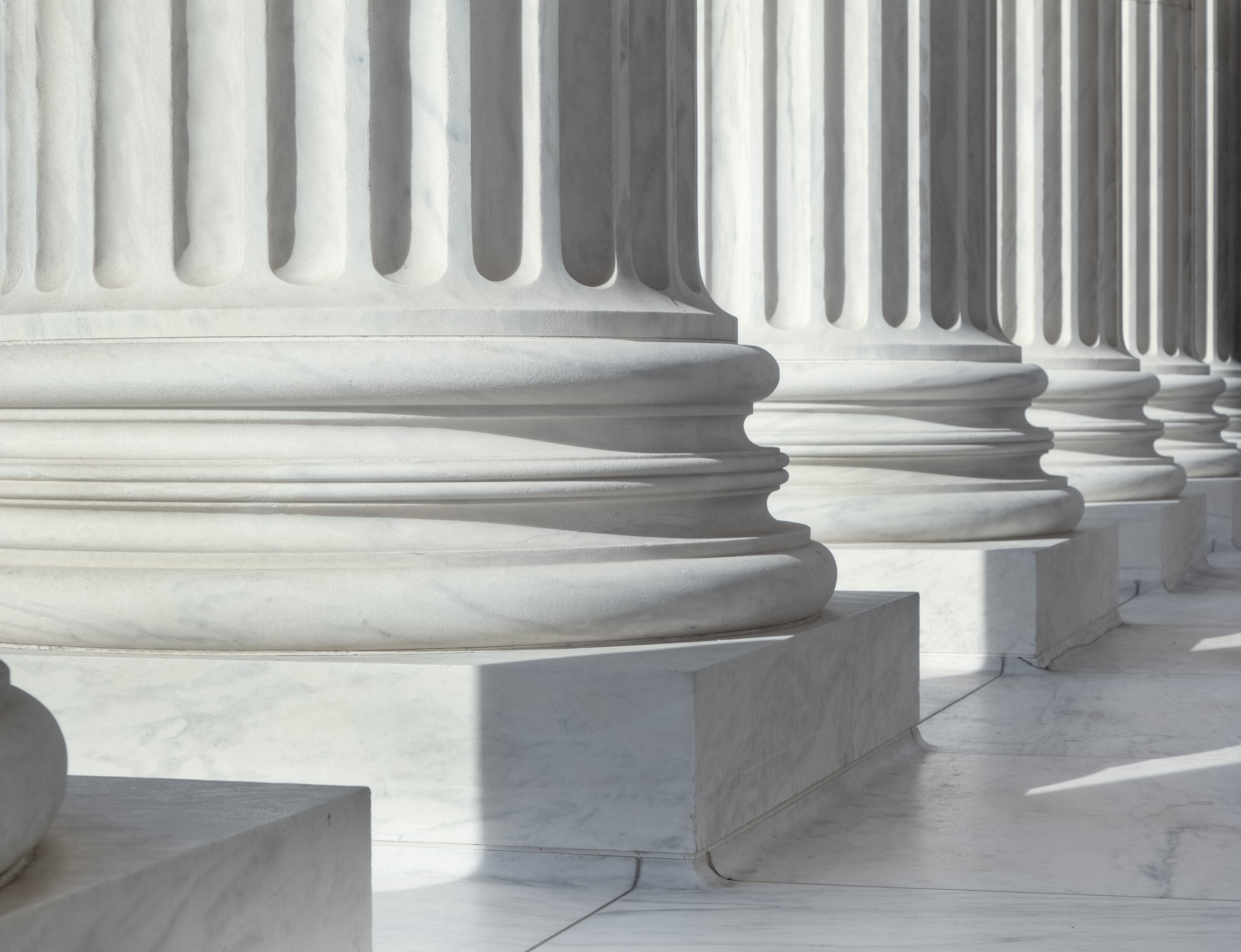CBA: CFPB’s Credit Card Late Fee Rule Mired In Flawed Assumptions, Narrow Data, Deficient Analysis

In a new letter sent today to the Consumer Financial Protection Bureau (CFPB), the Consumer Bankers Association (CBA) outlined deep concerns with the agency’s recent Notice of Proposed Rulemaking (NPRM) on credit card penalty late fees, a proposal that would drastically alter the credit card landscape with profound implications for banks and the millions of Americans they serve.
As CBA states in the letter, the Bureau’s errors in conducting the required 1022 cost-benefit analysis under the Dodd Frank Act have resulted in a proposal that will ultimately harm consumers and their overall financial health long-term:
“[T]he Bureau did not conduct a thorough and rigorous analysis of the empirical economic literature on the effects of late fees nor conduct its own rigorous analysis with statistically significant findings in a transparent and consistent manner. The Bureau’s flawed assumptions, overly narrow estimations, and deficient analyses have resulted in the Bureau reaching incorrect conclusions about the benefits and harms to consumers, as well as the costs issuers face in the marketplace.”
Among the many examples of CFPB’s flawed logic or completely absent justifications outlined in the letter, CBA explains how the CFPB:
Ignores that the likely impact of the proposal will be higher costs and no benefits to consumers, while failing to consider that issuers are required to manage credit risk portfolios. (p. 2 – 7)
- “The Bureau has failed to properly quantify the benefits to consumers, and in fact, the proposals would only minimally benefit a small segment of the consumer population at the expense of all consumers. This determination seems premised on the Bureau’s lack of awareness of issuers’ obligations to manage credit risk, which would require issuers to take actions that may result in a reduction in access to credit, as well as a flawed assumption that the proposals would incentivize issuers to do more to encourage on-time payments.”
Relies on insufficient and improper data analyses to draw misleading conclusions, specifically by: 1) failing to obtain the totality of the data available, 2) relying on the Y-14 data which is nonpublic and not representative of the industry, 3) failing to analyze the Y-14 data properly in a transparent and statistically significant manner (p. 7 – 13)
- “The Bureau’s analysies of the data related to credit card late fees suffers from several fatal flaws. As a threshold matter, the Bureau failed to review the totality of data available, instead relying solely on a nonpublic data set that is not representative of the credit card market as a whole. Likewise, the data analyses the Bureau conducted using this nonrepresentative data were not adequately disclosed and were significantly flawed. These analytical deficiencies also extend to the Bureau’s determination that a one-tier fee is preferable to a two-tier fee structure.”
Uses insufficient and inadequate data in assessing costs to issuers, including but not limited to: 1) fundamentally misunderstanding the cost if managing late payment risk; 2) inappropriately limiting the analysis of pre-charge-off collection costs and excluding post-charge-off costs; and 3) ignoring the costs of tools to encourage on-time payments. (p. 13 – 17)
- “The Bureau’s evaluation of issuer costs is further undermined by faulty assumptions used in calculations, specifically the misguided exclusion of post-charge-off costs from determining an issuer’s costs. The Bureau also neglects to consider increases in costs associated with increasing collection efforts and using technology to deter late payments.”
Dismisses peer-reviewed economic literature that shows the deterrent effect of late fees in favor of their own back-of-the-envelope calculation that has none of the same academic rigor and is not statistically significant. (p. 17 – 20)
- “The Bureau argues that the deterrent effect of an $8 late fee is similar to the deterrent effect of the current rate structure, but its analysis is profoundly lacking. The Bureau also argues that the $8 fee along with other potential costs, such as the loss of a grace period or negative credit reporting, will have a sufficient deterrent effect. But those consequences already exist, and consumers still pay late even with a higher potential fee. In fact, the Bureau’s proposal will essentially eliminate the most effective consumer consequence for paying late, therefore reducing the deterrent effect of the late fee.”
Has demonstrated its unwillingness to alter its course based on industry feedback, by failing to consider alternatives to this proposal and prejudging issues in the rulemaking process. (p. 20 – 22)
- “In addition to the concerns about the Bureau’s Section 1022 analysis […] CBA is deeply concerned about the potential APA violations that have occurred during this rulemaking process. The Bureau has failed to outline any reasonable or foreseeable alternatives to its proposals in the NPRM. Equally as worrying, the Bureau appears to have prejudged the outcome of this rulemaking based on statements made by the Bureau, its Director, and the President of the United States.”
To read the full comment letter, click HERE.
CBA Advocacy
A recent CBA poll found 57% of Americans believe credit card late fees are legitimate and not so-called “junk,” as some have suggested, compared to fees found in other sectors of the economy, which only between 12% to 18% of Americans found to be legitimate.
- The survey also found nearly half of Americans (48%) are unaware of the consequences associated with paying a credit card bill late, even as an overwhelmingly majority (76%) support the idea that paying on time is a personal responsibility.
In a blog last month, CBA distilled fact from fiction, conveying the how the Bureau’s proposals would have significant consequences for consumers’ long-term financial health. To learn more, click HERE.
After the CFPB announced the NPRM on credit card penalty late fees, CBA President and CEO Lindsey Johnson said, “Millions of Americans rely on credit cards to make everyday purchases and cover emergency expenses. It is deeply unfortunate and puzzling that policymakers would take action that could ultimately limit consumers’ access to these valued financial products at a time when they are needed most.” To read the full statement, click HERE.



